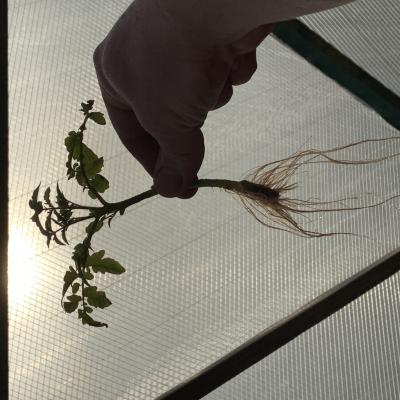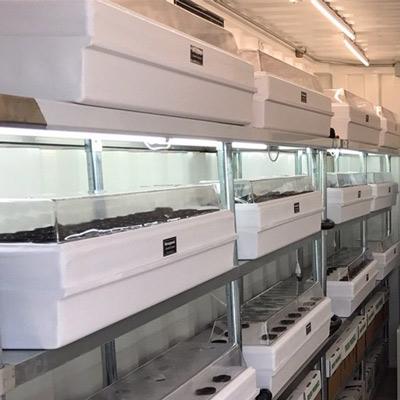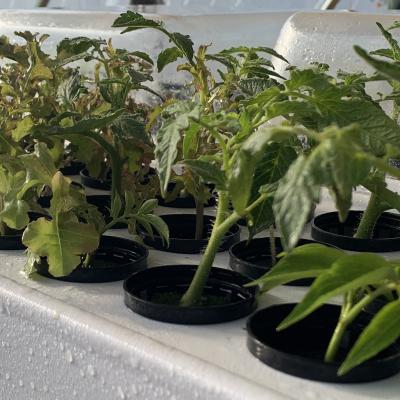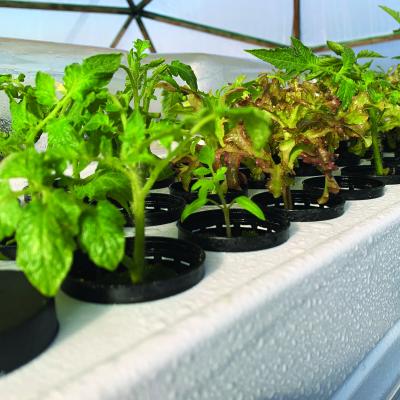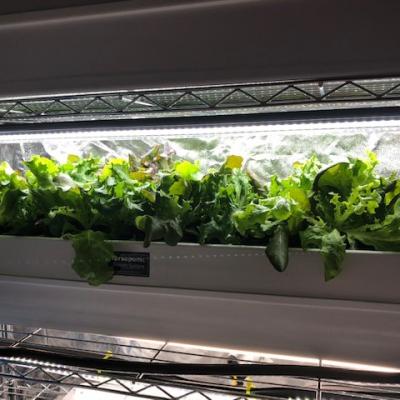Silica, often overlooked but immensely beneficial, plays a crucial role in enhancing a plant's vitality and resilience. This mineral, found in various forms, contributes significantly to a plant's well-being. It has several remarkable advantages that support robust plant growth.
In the realm of soil, silica acts as a silent guardian, fortifying the soil's capacity to retain essential nutrients. This property ensures that plants have a steady supply of the nutrients they need, promoting their health and growth.
One of the standout features of silica is its ability to enhance a plant's resistance to drought. By incorporating silica into their biological makeup, plants become better equipped to endure periods of water scarcity. This adaptation is especially valuable in regions where water resources are limited, as it empowers plants to thrive even in challenging conditions.
However, one of the most vital contributions of silica is in reinforcing cell walls. Studies, including one published in the Annals of Botany in 2007, have confirmed that the introduction of silica significantly fortifies plant stalks, making them more resistant to breakage. This newfound strength has a cascading effect on plant growth, allowing them to reach greater heights and yield bountiful harvests.
Silica's role in plant growth, though subtle, is undeniably impactful. Its multifaceted benefits span from improving soil quality and drought resistance to bolstering plant structure. This mineral serves as an unsung hero in the world of agriculture, silently but significantly contributing to the success of crops and greenery alike.

